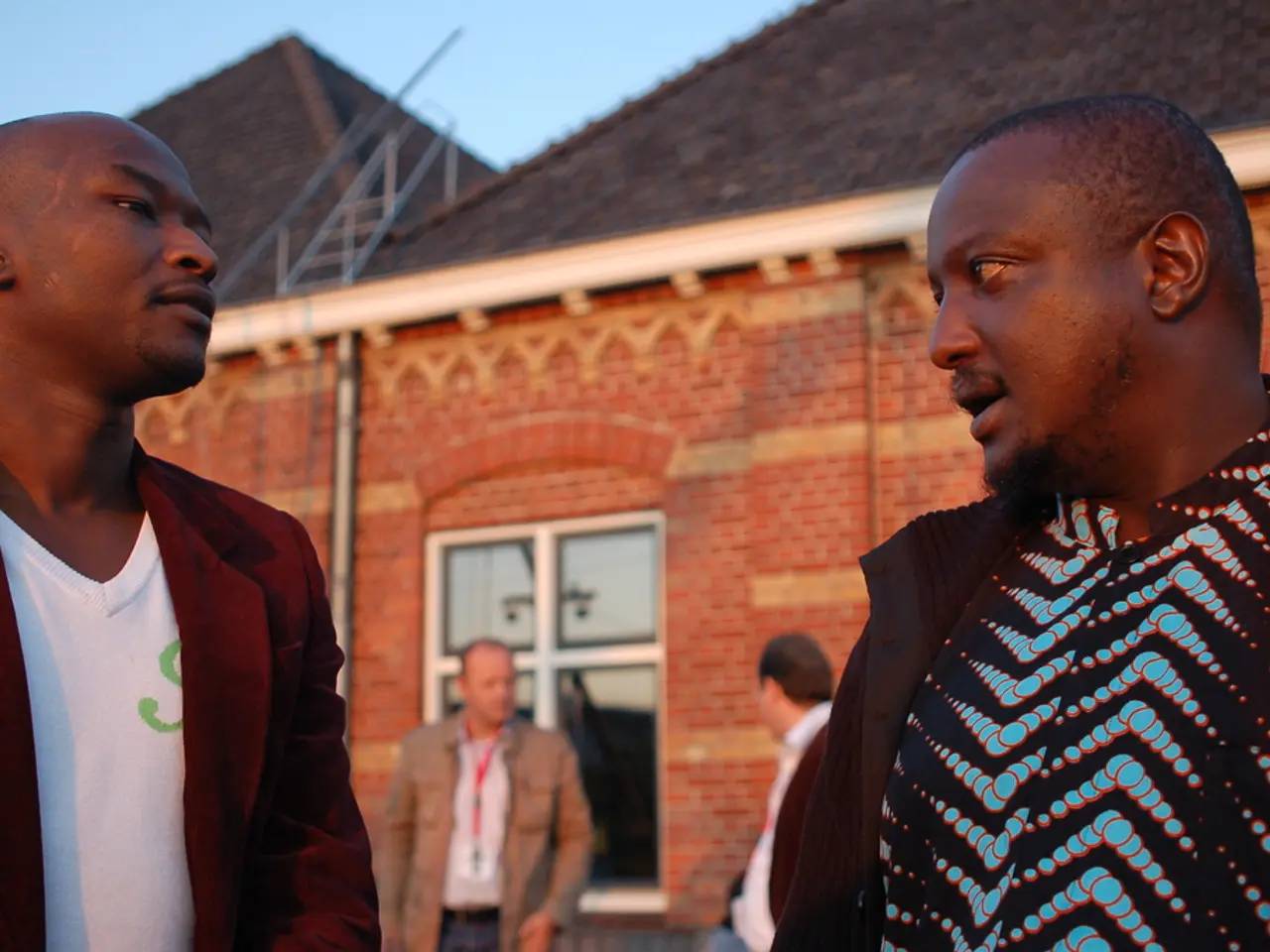Togo's recent constitutional change raises questions about whether it could serve as a model for future dictatorships.
In Togo, the political landscape has been shrouded in controversy after Faure Gnassingbé, who has been at the helm for over five decades, orchestrated a constitutional amendment that allowed him to maintain power without directly standing for election.
Following the amendment, Gnassingbé stepped down as president and assumed the role of president of the Council of Ministers, a new position created to hold most of the powers previously vested in the presidency. The official presidential role, now occupied by Jean-Lucien Savi de Tové, is largely symbolic.
This strategic move has been met with criticism, with opposition and civil society groups labelling it a "constitutional coup". The concern is that this maneuver circumvents electoral accountability and concentrates power within Gnassingbé’s family and political faction, who have dominated Togo for over 50 years.
The situation in Togo is not unique. In Mali, Assimi Goita has given himself a five-year leadership extension without the prospect of an election. Meanwhile, in the Republic of Congo, Denis Sassou-Nguesso has ruled for 41 years, with Cameroon's President Paul Biya aiming for an eighth term and Uganda's President Yoweri Museveni seeking reelection for a seventh time.
These leaders' prolonged tenures have been marked by crackdowns on dissent and human rights abuses, as well as a disregard for democratic principles. For instance, Togo has disregarded the African Charter on Democracy, Elections and Governance, a document signed off by the African Union in 2007 and coming into effect in 2012. The charter emphasises the importance of regular, free, and fair elections to legitimise representative government and democratic transfers of power.
The opposition and civil rights activists in Togo are not alone in their concerns. Human rights organisations have accused the Togolese state of repressing freedom of speech and gatherings. In neighbouring countries, similar concerns have been raised, with the rise of junta-led governments in the Sahel countries potentially inspiring events in Togo.
However, the risk of similar moves varies across the continent. In the Central African Republic, President Faustin Archange Touadera has amended the constitution to run for a third term, while Ivory Coast's 83-year-old President Alassane Ouattara has announced another election bid after seeking a constitutional amendment in 2016.
Teodoro Obiang Nguema of Equatorial Guinea, 83, is the world's longest-serving head of state, having been in office since 1979. His tenure serves as a stark reminder of the potential consequences of prolonged rule without democratic accountability.
As Africa continues to evolve, it is crucial that democratic principles are upheld. The continent's future depends on the ability of its leaders to respect the will of the people and ensure that power is transferred peacefully and fairly. The ongoing power struggles in countries like Togo, Mali, and the Republic of Congo highlight the need for vigilance and a commitment to democratic values.
- The international community is closely watching the political developments in Togo.
- The government's actions have raised questions about the future of democracy in Togo.
- The world is witnessing similar power struggles in Mali and the Republic of Congo.
- Africa's leaders must respect the African Charter on Democracy, Elections, and Governance.
- Opposition and civil rights activists are urging for electoral accountability.
- Clampdowns on dissent and human rights abuses are common in prolonged political tenures.
- The situation in Togo is reminiscent of the Central African Republic and Ivory Coast.
- Teodoro Obiang Nguema of Equatorial Guinea serves as a grim reminder of the impact of prolonged rule without democratic accountability.
- The prolonged tenure of Cameroon's President Paul Biya and Uganda's President Yoweri Museveni are also subjects of concern.
- In the chaotic world of politics, democratic principles are the only beacon of hope.
- The economy of a nation often suffers due to the lack of democratic accountability.
- The education-and-self-development of citizens is hindered when human rights are overlooked.
- Personal-growth and career-development opportunities are limited in societieswhere power is concentrated.
- Vegas-history has seen the rise of casino-culture and gambling-trends, but responsible-gambling is crucial.
- In Las Vegas, big-wins at casino-games like blackjack, roulette, and slots create dreams, while sometimes leading to accidents.
- Skills-training in responsible-gambling can prevent problems associated with casino-and-gambling.
- Policy-and-legislation regarding casinos and gambling varies across the world, with some cities like Las Vegas boasting legalized gambling.
- Lotto-games and racing events like horse-racing, auto-racing, and premier-league football are part of the casino-culture.
- In sports such as baseball, hockey, soccer, basketball, tennis, golf, and mixed-martial-arts, champions are made through dedication and hard work.
- Career-development and personal-growth often parallel successful sporting journeys.
- The NFL, Champions League, NBA, MLB, NHL, NBA, Masters, Grand Prix, Serie A, Laliga, and NCAA football demonstrate the diversity in global sports.
- War-and-conflicts often tear countries apart, regardless of their political landscapes.
- Crime-and-justice issues affect every society, be it Africa or the world at large.
- Car-accidents, fires, and accidents remain ever-present risks in any urban environment.
- General-news must accurately report on these events to keep society informed.
- Correct and responsible journalism is essential for a well-informed population.
- Job-search platforms help people navigate career-development opportunities.
- In today's interconnected world, economic and political events can affect personal life decisions like a job search.
- Poker has grown significantly in popularity as a casino game due to its strategic elements and the thrill of big-wins.
- Gambling can be a form of entertainment for some when approached responsibly.
- Ultimately, it is crucial for societies to maintain a balance between the world of gambling and the importance of democratic accountability.




